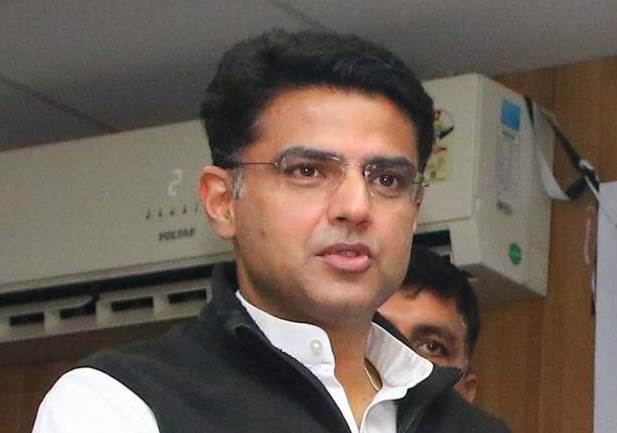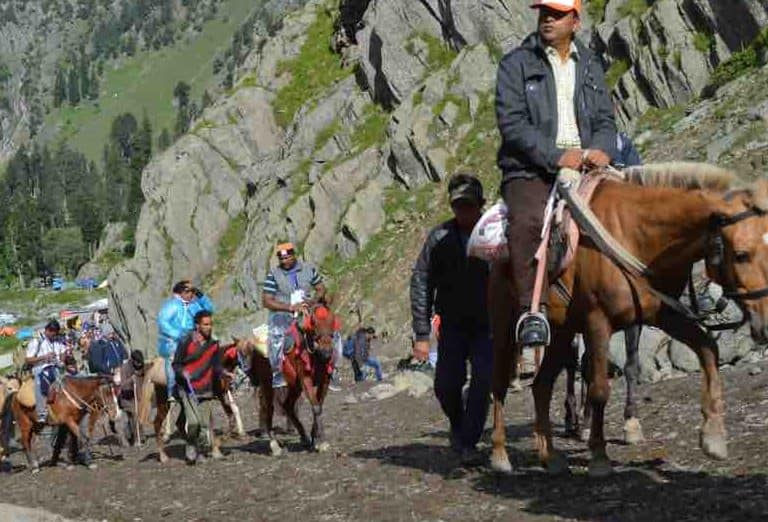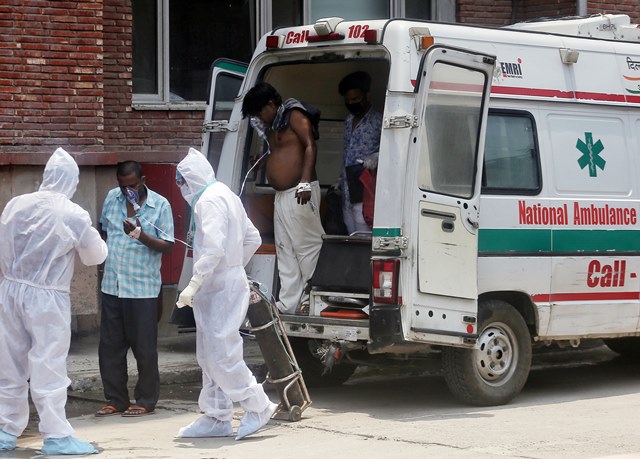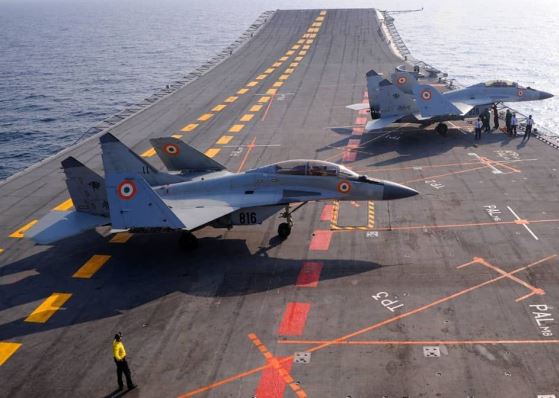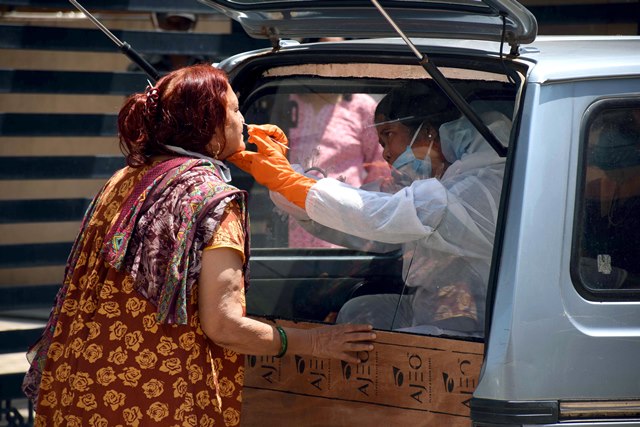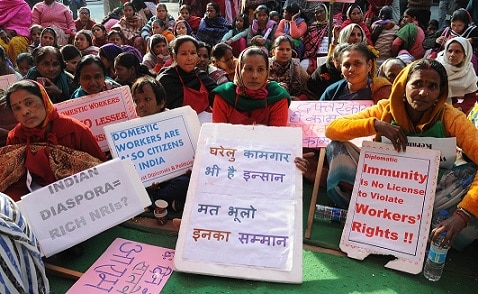The Rajasthan High Court will pronounce on July 24 order on a petition filed by former Deputy Chief Minister Sachin Pilot and 18 other MLAs from his camp against the disqualification notices issued against them, a lawyer said on Tuesday.
Advocate Prateek Kasliwal, appearing for Rajasthan Legislative Assembly Speaker CP Joshi, said that the arguments have been concluded in the matter.
“The arguments in the matter have been concluded. The court has heard the arguments from all the parties. The High Court has slated the matter for orders on July 24,” Kasliwal told reporters here.
He also said that the High Court requested the Speaker to defer the hearing before it till July 24.
Earlier today, advocate Mukul Rohtagi, who is representing Sachin Pilot in the High Court, had said that less time was given to the MLAs to file a reply in the matter than as stated in the rules.
“Disqualification notice by Assembly Speaker was issued to Sachin Pilot and other MLAs on the same day of complaint. Less time is given for reply than as stated in rules. No reasons recorded for issuing notice,” he had said while speaking to the media.
Pilot and the 18 MLAs from his camp approached the Rajasthan High Court over disqualification notice, seeking the quashing and setting aside of the show cause notice issued to them on July 14 by the Speaker of the Rajasthan Legislative Assembly.
Rajasthan Assembly Speaker CP Joshi had sent notices to Pilot and 18 MLAs under the Tenth Schedule of the Constitution, popularly known as the anti-defection law after chief’s whip application for their disqualification. MLAs were earlier asked to present before Assembly Speaker on July 17, but the same was deferred in view of the hearing before the court.
The Congress complaint and the Speaker’s notice came after Pilot and the lawmakers supporting him skipped Congress Legislature Party (CLP) meetings on July 13 and 14.
Rajasthan Congress continues to remain in turmoil after simmering differences between Pilot and Chief Minister Ashok Gehlot came out in the open. Pilot was, on July 14, also sacked from the posts of Rajasthan Deputy Chief Minister and state PCC president.
Meanwhile, Chief Minister Ashok Gehlot has blamed the BJP for attempting to destabilise the state government by poaching MLAs. (ANI)
